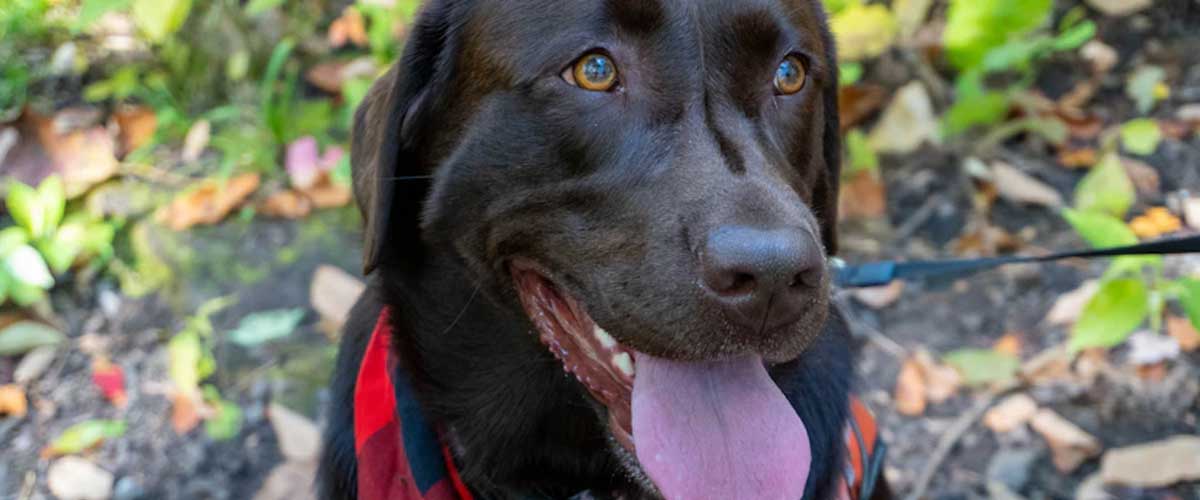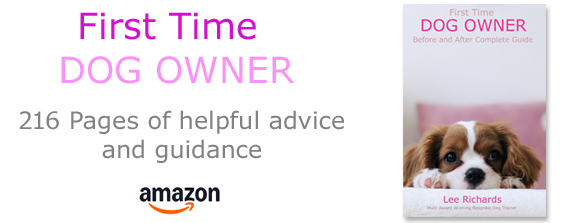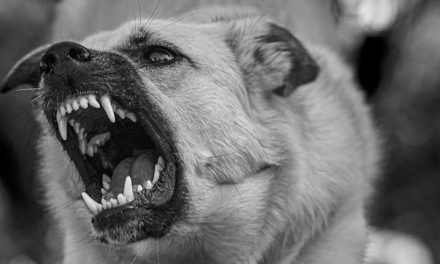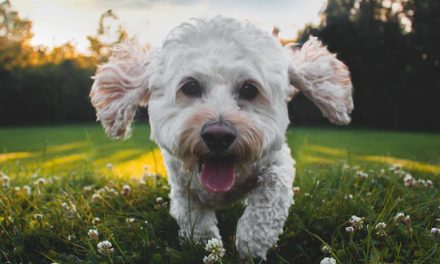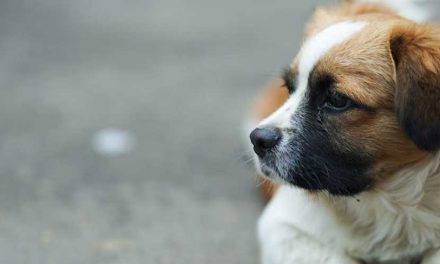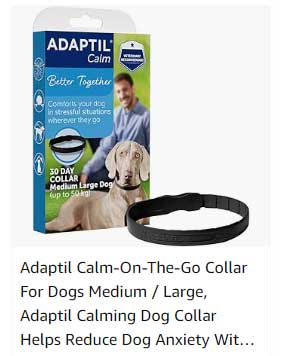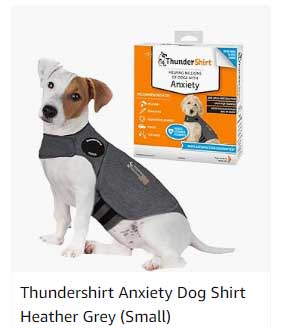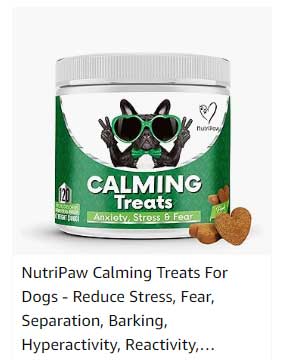We always strive to ensure our furry friends are happy and healthy.
However, many of us may not realize that our dogs can experience anxiety, which can manifest in various ways, including panting.
Understanding the connection between dog anxiety and panting is crucial for addressing your pet’s emotional well-being.
What is Dog Anxiety?
Dog anxiety refers to an overwhelming sense of fear or apprehension that a dog may experience in response to various stimuli.
Just like humans, dogs can suffer from anxiety due to stressful situations, changes in their environment, or past traumas.
Common triggers include loud noises (like thunderstorms or fireworks), separation from their owners, unfamiliar surroundings, and encounters with other animals.
Symptoms of anxiety in dogs can vary, but one of the most notable signs is excessive panting.
While panting is a normal way for dogs to cool down, when it’s accompanied by other anxious behaviors, it may indicate distress.
Understanding Panting
Panting is a natural behavior for dogs; they use it to regulate their body temperature, especially after exercise or during hot weather.
However, when panting becomes excessive or happens without obvious cause, it can indicate anxiety or discomfort.
An anxious dog may pant rapidly, even if they haven’t engaged in physical activity.
This panting can be accompanied by other symptoms, such as pacing, whining, drooling, or hiding.
Recognizing this behavior is vital, as it can help you identify the underlying issues causing your dog’s anxiety.
Causes of Anxiety and Panting
Several factors can contribute to anxiety in dogs:
1. Separation Anxiety:
Many dogs become anxious when left alone.
This can lead to destructive behavior and unwanted vocalizations, alongside panting.
2. Fear of Loud Noises:
Thunderstorms, fireworks, and other loud sounds can trigger panic in dogs.
This fear often results in them seeking comfort while panting heavily.
3. Changes in Environment:
Moving to a new home, introducing a new pet, or even changes in routine can unsettle dogs, causing anxiety and associated panting.
4. Previous Traumas:
Dogs that have experienced past abuse or stressful situations may have residual anxiety which can lead to panting in unfamiliar scenarios.
5. Medical Issues:
Health problems, such as respiratory or cardiovascular issues, can also cause panting.
It’s crucial to differentiate between panting due to anxiety and panting caused by health issues.
Addressing Dog Anxiety and Panting
Once you identify that your dog’s panting is linked to anxiety, it’s essential to take steps to help them feel more secure and calm.
Here are some strategies:
1. Create a Safe Space:
Establish a designated area where your dog can retreat when feeling anxious.
This could be a cozy bed in a quiet room, equipped with their favorite toys and blankets.
2. Desensitization and Counter-Conditioning:
Gradually exposing your dog to anxiety triggers at a safe level can help them build tolerance.
Pairing these experiences with positive reinforcement (like treats and praise) can help change their emotional response.
3. Provide Regular Exercise:
Physical activity can help reduce anxiety. A well-exercised dog is often less prone to anxiety-related behaviors.
4. Consider Training Classes:
Professional training can equip your dog with coping strategies for anxiety-inducing situations.
5. Consult a Veterinarian:
If anxiety and panting persist, consult your veterinarian.
They may suggest behavioral therapies or medications to help manage your dog’s anxiety effectively.
Conclusion
Understanding the connection between dog anxiety and panting is essential for any dog owner.
By recognizing the signs of anxiety and employing strategies to mitigate it, you can ensure a happier, more relaxed pet.
If you ever feel overwhelmed or unsure about your dog’s behavior, remember that seeking help from professionals is always a wise choice.
Your furry friend’s well-being is worth the effort!

